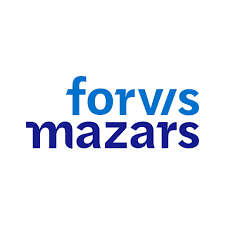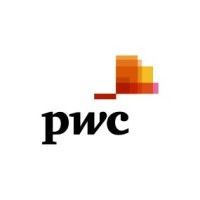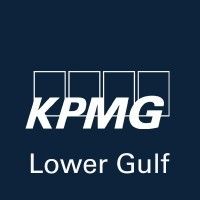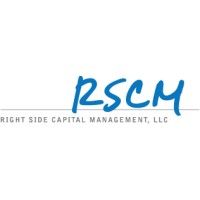Maximizing Accounts Receivables Efficiency in a Scale-Up Environment in Chicago's Internal Audit Department

In the dynamic landscape of a scale-up business environment in Chicago's internal audit department, managing accounts receivables efficiently is crucial for financial health and operational success. This article delves into key strategies and solutions to enhance accounts receivables processes.
Challenges such as increasing transaction volumes, diverse payment methods, and evolving regulations can pose hurdles, but they also present opportunities for optimization and growth.
Enhancing Accounts Receivables Performance
Optimizing accounts receivables processes is essential for streamlining cash flow and minimizing risks. Here are some practical solutions and insights:
- Implement automated invoicing systems to reduce manual errors and expedite payment processing.
- Utilize data analytics to identify trends, detect anomalies, and improve collection strategies.
- Establish clear credit policies and procedures to mitigate credit risks and ensure timely payments.
Implementing Efficient Internal Audit Practices
Effective internal audit practices play a vital role in ensuring compliance, risk management, and operational efficiency within the accounts receivables function. Consider the following strategies:
- Conduct regular audits to assess the accuracy and integrity of accounts receivables data.
- Enhance internal controls to safeguard against fraud, errors, and unauthorized transactions.
- Collaborate with cross-functional teams to align audit objectives with business goals and priorities.
By implementing these steps and strategies, Chicago's internal audit department in a scale-up setting can optimize accounts receivables processes, enhance financial performance, and drive sustainable growth.
Take proactive measures today to fortify your accounts receivables function and lay a solid foundation for long-term success.















